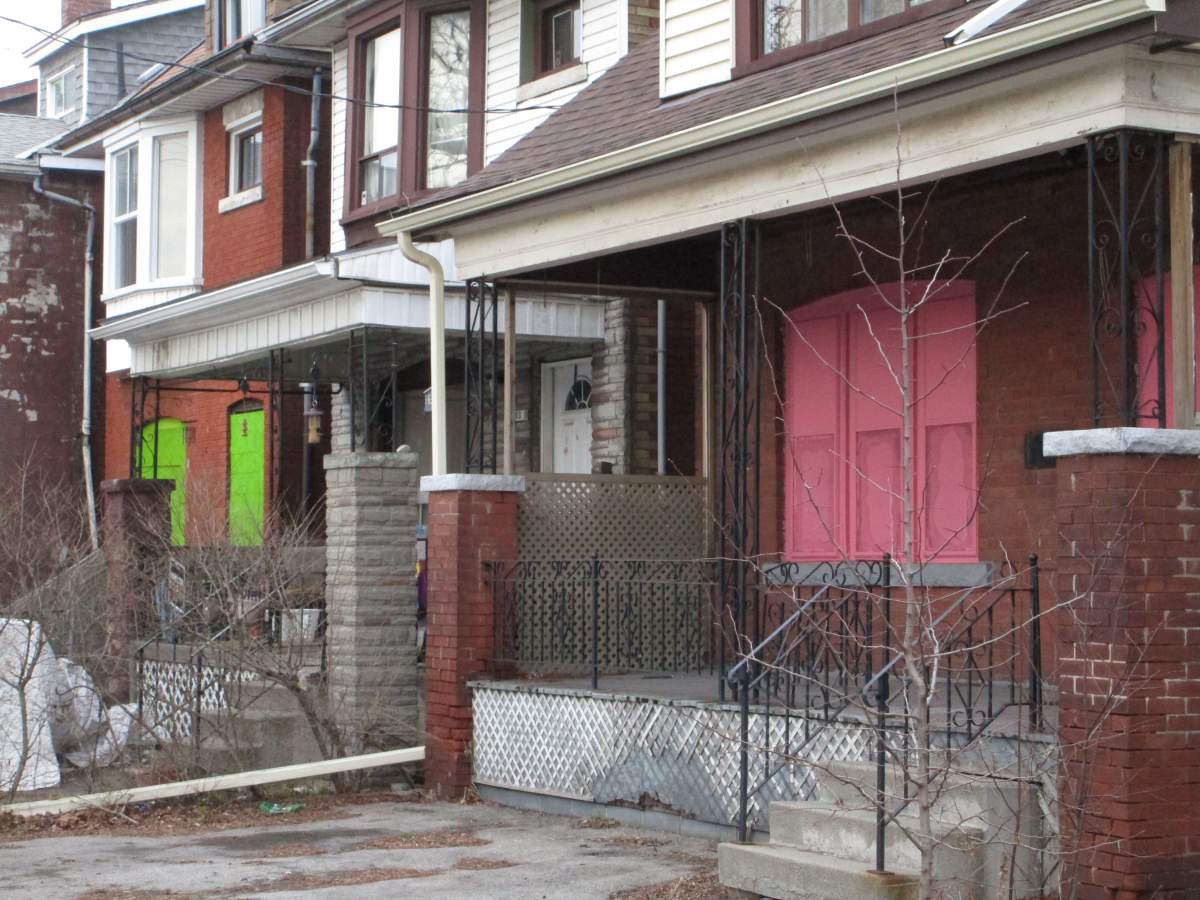An Ontario urban studies researcher says a new forthcoming analysis on Hamilton’s LRT will not be about whether the project is good or bad, but more about the impact it could have on affordability in the community around it.

University of Waterloo professor Brian Doucet says the Hamilton Neighbourhood Change Research Project will tackle transportation, gentrification and housing as part of a larger four-year probe looking at changing localities between Toronto and Hamilton.
“We’re really interested in what is already happening on the ground, the impact of … just the decision to move forward with the LRT,” Doucet told 900 CHML’s Good Morning Hamilton.
“What that is meaning for the kind of change that’s taking place in communities and the kind of experiences that people have within their neighbourhood.”
The planning issues specialist says that typically, once shovels get into the ground on a large project like the LRT, real visible change begins to take hold in a community, resulting in city leaders having to make modifications during the process.
“It will help, hopefully, to develop strategies to mitigate some of the more negative aspects of development that invariably come when you invest in higher-order transit,” Doucet said.
The examination will reach out to residents living along the future LRT route between McMaster University and Eastgate Square, asking for their perspectives on changes they see in their neighbourhood and the city overall.
Doucet says Waterloo and integration of its own LRT in 2019 is providing a footprint for the study.

Get breaking National news
Built to the tune of $4 billion, between Conestoga Mall in the northwest and Fairway Park shopping centre in the southeast, researchers say the transit project created a void of affordable housing across the route.
At risk for Hamilton is potential affordability for those already living or planning to reside in the city’s core with the anticipated pricey LRT developments and a recent council decision to cap urban expansion.
The study hopes to draw on the Waterloo experiences, ultimately concluding with recommendations ensuring longtime residents in a given community, with the new transit infrastructure, have the means to remain in their neighbourhood.
“You have to think a little bit more proactively and creatively around some of the assets that you do have as a municipality or as a public entity, things like publicly owned land,” Doucet said.
“You could sell it to a developer to build a big condo or you could say, well, you can buy land on the open market that someone wants to sell to you, and we’re going to use that … city-owned land to build the kinds of housing that the market is unwilling or unable to build.”
The Hamilton Community Foundation is contributing $25,000 to fund the Waterloo study.
Foundation president and CEO Terry Cooke told Global News he hopes the analysis from Doucet will lay the groundwork for a comprehensive affordable-housing plan in conjunction with the LRT.
“To discover what pressures people living in LRT corridor are experiencing relative to rent increases, displacement etc.,” Cooke said in a statement.
“Secondly, to identify best practices for creating/protecting affordable housing stock in the city going forward.”
In March, members of city council expressed concerns over a detailed affordable housing plan along the future LRT route.
Metrolinx has continued with demolition plans in recent months, working toward the construction of the $3.4-billion project.
Karl Andrus from the non-profit Hamilton Community Benefits Network told Global News in March that he knows of an estimated 12,000 units projected for construction or in the planning stages along the LRT corridor. But he said much of it appears to be “unaffordable for the vast majority of people” who will be looking for access to affordable housing.
Those living up to one kilometre from the proposed LRT line can contribute to the neighbourhood change project through an in-person, telephone, or online video interview lasting around 40 to 60 minutes.
More information can be found on the Hamilton Neighbourhood Change Study webpage.











Comments
Want to discuss? Please read our Commenting Policy first.